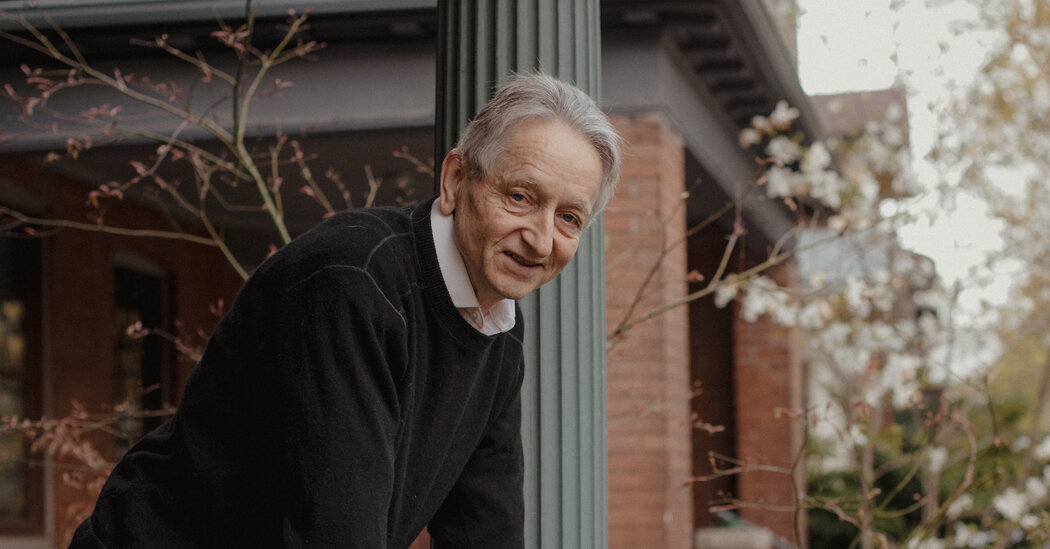On Tuesday, the scientists John J. Hopfield and Geoffrey E. Hinton received the Nobel Prize in Physics for discoveries that helped drive the development of artificial neural networks — a technology that is now essential to the operation of search engines like Google and online chatbots like ChatGPT from OpenAI.
The prize was given for a technology that Dr. Hopfield developed in the early 1980s called a Hopfield network and a related technique that Dr. Hinton helped create in the years that followed called a Boltzmann machine. The news surprised many physicists and artificial intelligence experts, including Dr. Hopfield and Dr. Hinton.
In 2019, Dr. Hinton was part of a three-person group that received the Turing Award, often called “the Nobel Prize of computing,” for its work on neural networks. Last year, he made headlines across the world when he left his job as a researcher at Google and warned that the A.I. technologies he helped create could one day destroy humanity.
But he is not a physicist.
He was once introduced at an academic conference as someone who had “failed at physics, dropped out of psychology and then joined a field with no standards at all: artificial intelligence.” Dr. Hinton, a British native known for his dry, self-deprecating humor, enjoyed repeating this story. But he always added a caveat.
“I didn’t fail at physics and drop out of psychology,” he would say. “I failed at psychology and dropped out of physics — which is far more reputable.”
The New York Times reached Dr. Hinton by phone shortly after he learned that he had won the Nobel Prize in Physics.
